Senior Fellows – Alumni
Our former Senior Fellows have advanced our Cluster and our research agenda in many ways. We are in ongoing, lively contact, and remain grateful for their invaluable contributions.
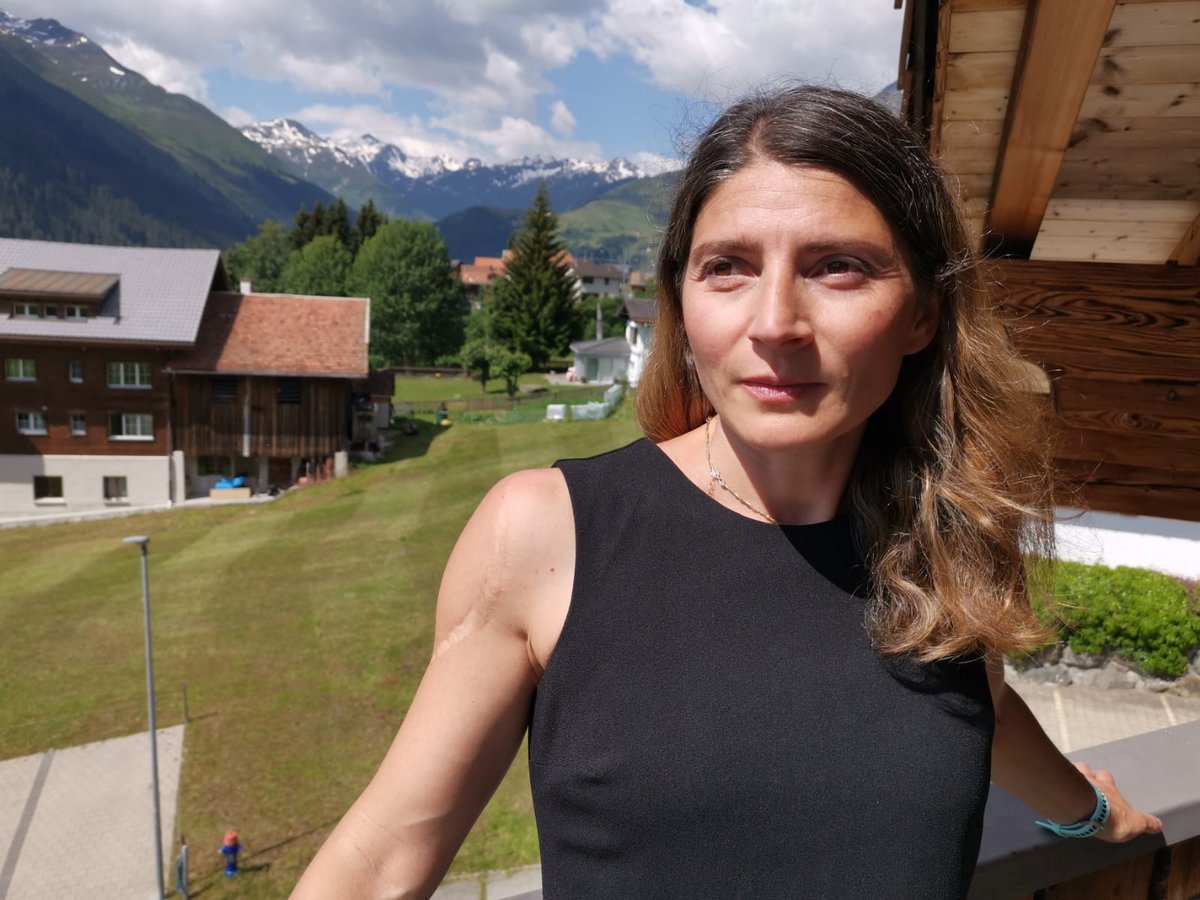
Despina Alexiadou, Ph.D.
Despina is a Chancellor's Fellow at the University of Strathclyde in Glasgow and received her PhD from the European University Institute. Her research explores the process of policymaking in democracies and spans comparative political systems, executives, ministerial careers, comparative and international political economy. In her book "Ideologues, Partisans and Loyalists" (Oxford University Press 2016), she investigates how politicians' own ideology and political clout matter for policy. In some of her current projects she investigates the relationship between political and economic inequality, the professionalization of politics, policy coordination and energy and health inequalities.
At the Cluster, Despina is working on her project “Revolving Door Politics and Income Inequality” with a focus on the professional careers and backgrounds of cabinet ministers in parliamentary democracies.
Despina worked at the Cluster until the end of November 2020.
Learn more about Despina on her website.
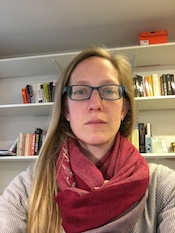
Prof. Lucy Barnes, Ph.D.
Lucy Barnes is Associate Professor of Comparative Politics at University College London. Her research focuses on the politics of economic policy in western post-industrial democracies, with a particular emphasis on the politics of public finance (taxation, austerity, and government budget balance), redistribution, and inequality. Her work on these topics has been published in the American Journal of Political Science, British Journal of Political Science, Journal of Politics, and Socio-Economic Review, among others.
Lucy's current research focuses on how people think about the economy and economic policy. She has just launched a four-year project on 'Mental Models in Political Economy', mapping ideas about the economy across voters, politicians, and the media. She is also interested in the relationships between everyday ideas about inequality and the economy, and the concepts and effects assumed in philosophical treatments of distributive justice.
Lucy's stay at the Cluster ended in February 2020.
Find out more about Lucy on her website.
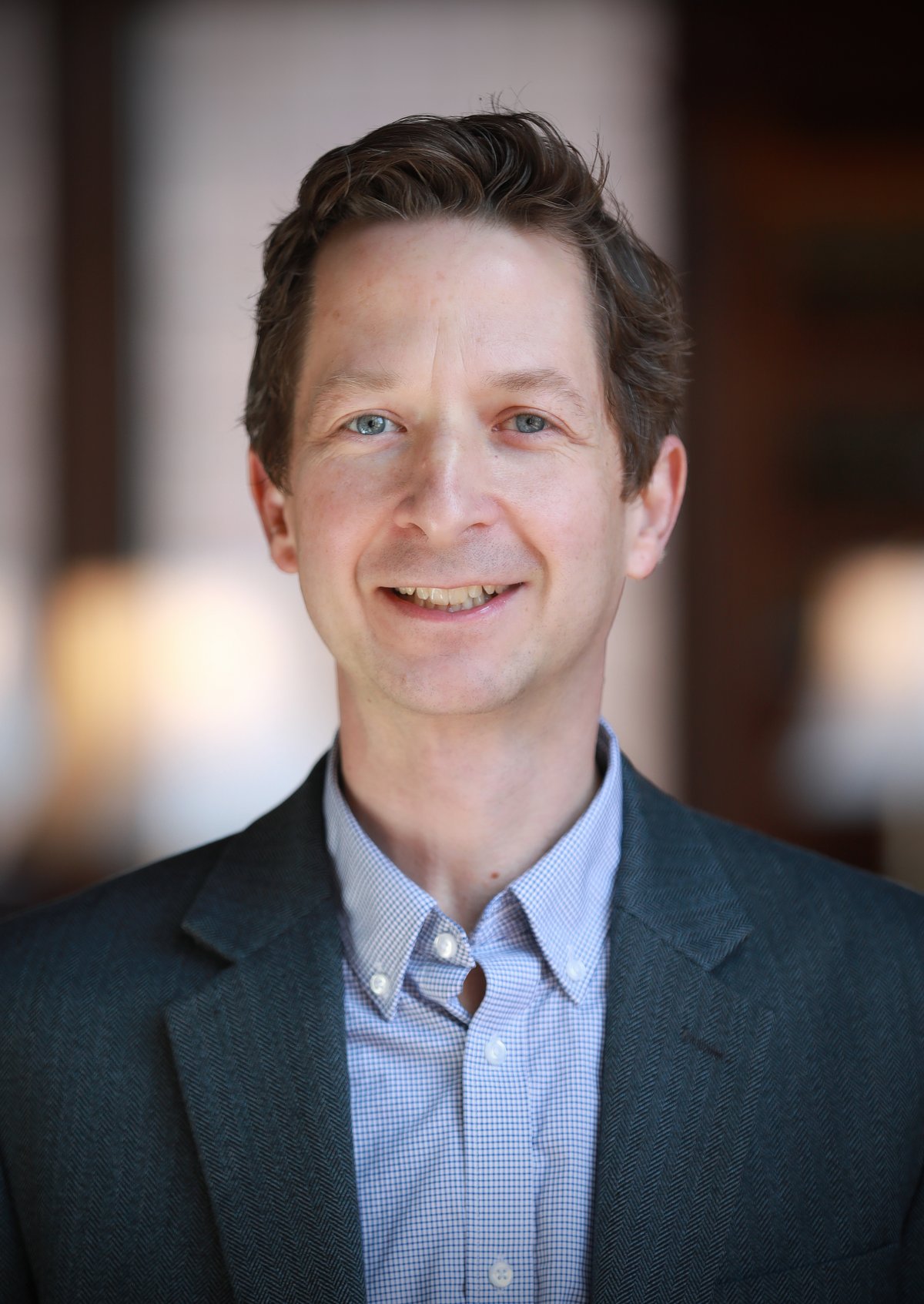
Prof. Timothy Bartley, Ph.D.
Timothy Bartley is Professor of Sociology at Georgetown University. He was on the faculty at Indiana University, Ohio State University and Washington University in St. Louis. He has published articles on social movements, regulation, and transnational fields in the American Sociological Review, American Journal of Sociology, Social Forces, Social Problems, the Socio-Economic Review, and other journals. His 2018 book, Rules without Rights: Land, Labor, and Private Authority in the Global Economy, was published by Oxford University Press.
Tim’s research focuses on inequality and accountability in global production networks. He is especially interested in social movements and standards pertaining to labor rights and environmental justice.
Tim stayed at the Cluster until July 2020.
Learn more about Tim on his department website.
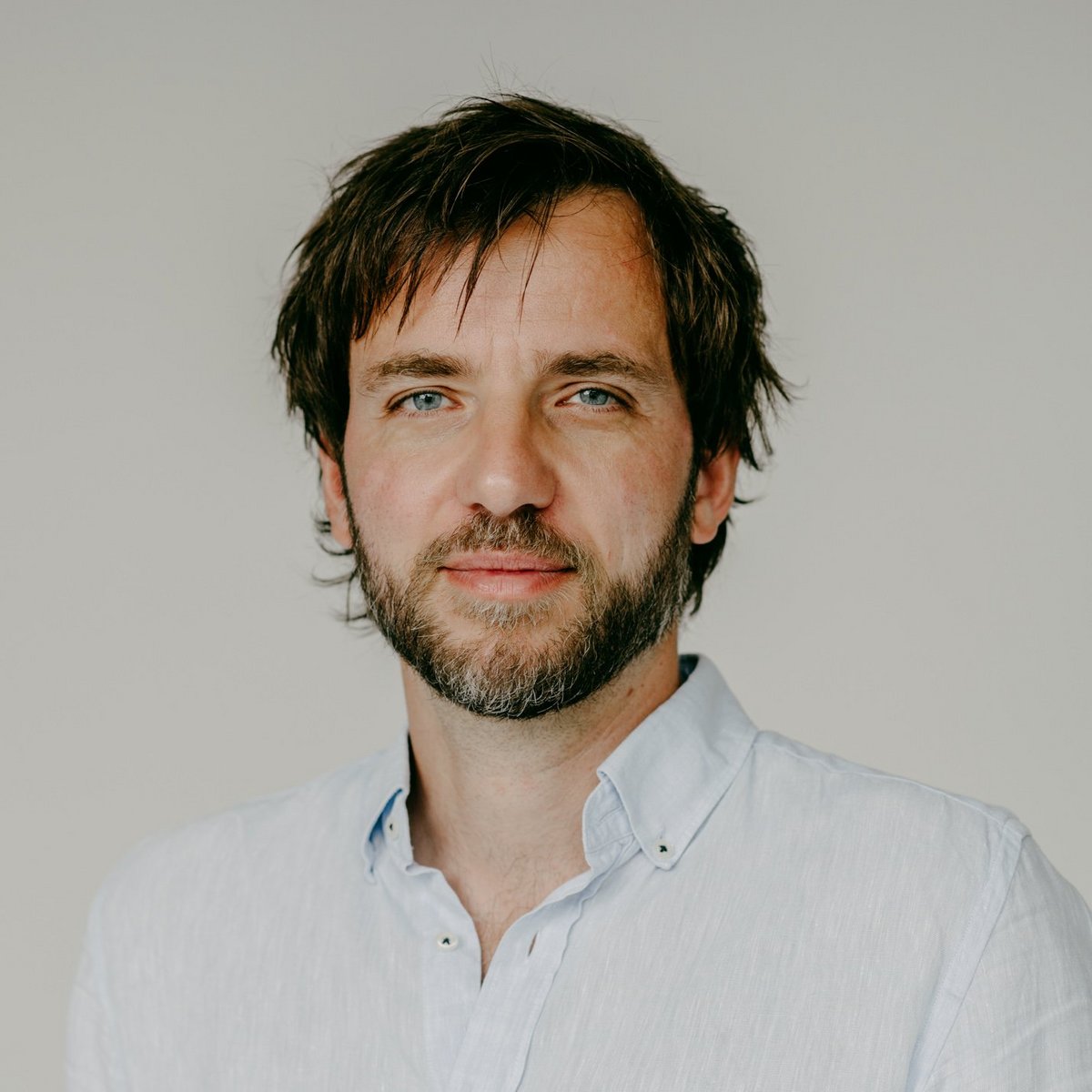
Ass. Prof. Michael Becher, Ph.D.
Michael Becher is Assistant Professor for Political Science at the IE School of Global and Public Affairs in Madrid.
He obtained his PhD from Princeton University. Before joining IE, he held positions at the Institute for Advanced Study in Toulouse and the University of Konstanz. Michael’s main fields of research are in comparative politics and political economy with a focus on the functioning of democracy, the interplay between economic and political inequality, accountability and representation, and political institutions.
Find out more about Michael.
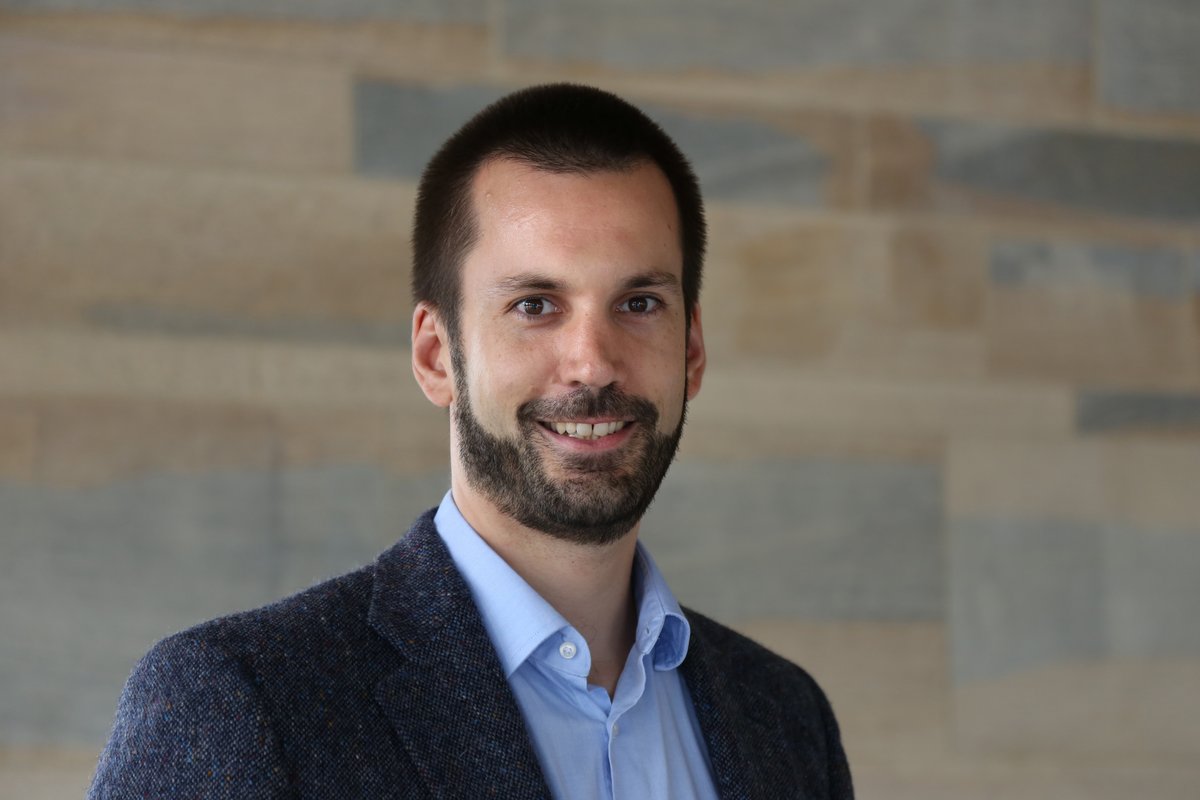
Prof. Nils-Christian Bormann, Ph.D.
Nils-Christian Bormann is a political scientist in the Department of Philosophy, Politics, and Economics at Witten/Herdecke University. He is affiliated with the Identity & Conflict Lab at the University of Pennsylvania. After finishing his PhD at ETH Zürich in 2014, he held positions at the University of Exeter and the University of Essex.
In his research, Nils investigates how we can reduce political instability in the form of civil wars and democratic breakdown. To do so, he investigates the influencing factors which shape political and economic inequality between ethnic groups. Understanding the dynamics behind inequality will hopefully inform policy choices aimed at preventing political violence and threats to democracy. His work has been published by the American Journal of Political Science, the European Journal of Political Research, International Organization, and the Journal of Politics.Nils has received financial support from the UK Research Council, the European Research Council, and the Swiss National Science Foundation.
At the Cluster, Nils investigated how government coalitions in Indian states affect economic inequality between ethnic groups.
Find out more about Nils-Christian Bormann on his website.
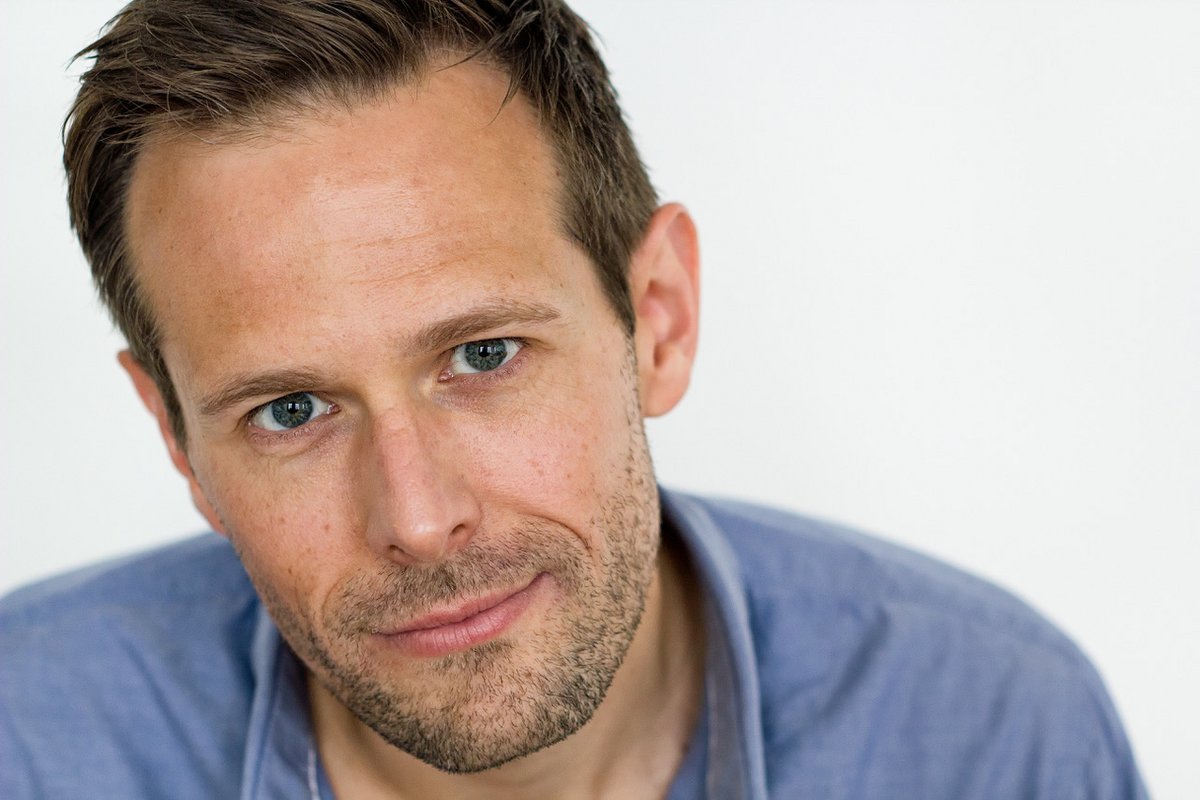
Prof. Peter Thisted Dinesen, Ph.D.
Peter Thisted Dinesen is Professor of Political Science at the University of Copenhagen. His work centers on the formation of social and political attitudes. A key topic in his work has been to understand the consequences of immigration-induced ethnic diversity for social trust and attitudes towards immigrants. He is currently working on a project seeking to understand whether and how local economic inequality, experienced in the neighborhood and other contexts, shapes people’s well-being and social and political beliefs and attitudes. In another project, he is examining the phenomenon of identity politics and its potential consequences.
His work has been published in the American Political Science Review, the American Sociological Review, the Journal of Politics, Annual Review of Political Science, and the European Sociological Review, among other outlets.
Peter stayed at the cluster until the end of November 2020.
Learn more about Peter on his website.
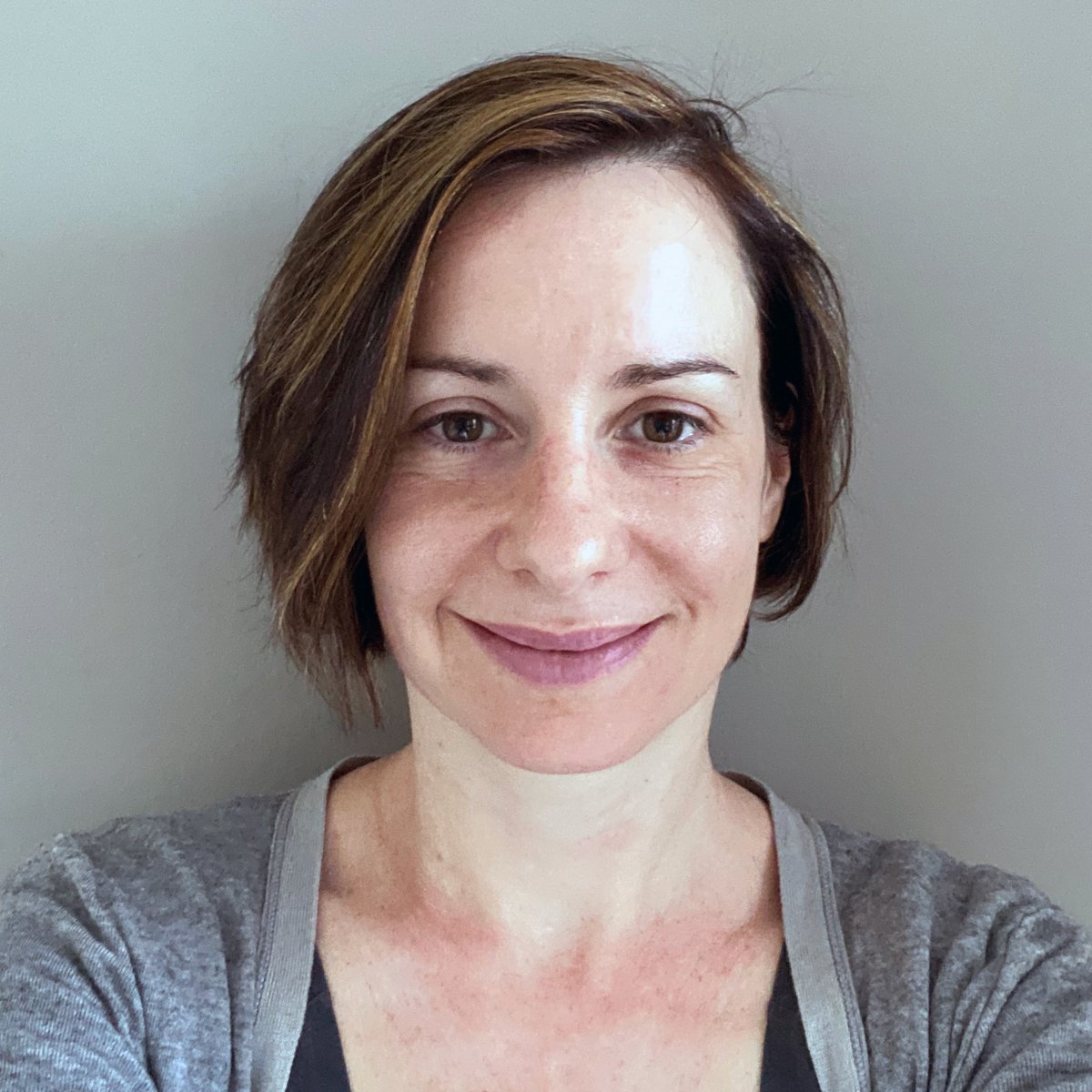
Prof. Aina Gallego, Ph.D.
Aina Gallego is an Associate Professor of Political Science at the University of Barcelona and a Research Associate at Institut de Barcelona d'Estudis Internacionals and the Institute of Political Economy and Governance. She works in the areas of political behavior and political economy.
She is interested in the political consequences of automation and digitalization on political behavior. The questions she has tackled include: a) to what extent are citizens worried about technological change as a source of labor market risk; b) the impact of working in digitalizing industries on support for political parties; c) public support for different policies designed to help workers displaced by automation; d) the differential impact of the covid-19 pandemic on workers in jobs at high and low automation risk.
She also investigates how the individual characteristics of politicians affect the issues they choose to discuss and the public policies they implement in office, including the followin questions: a) how dishonesty helps politicians remain in office; b) how politicians learn from citizen feedback; c) the historical origins of differences in the political representation of women across geographic areas; d) how electing more educated politicians affects fiscal policies.
Aina Gallego will come to the cluster again in 2022.
Find out more about Aina on her website.
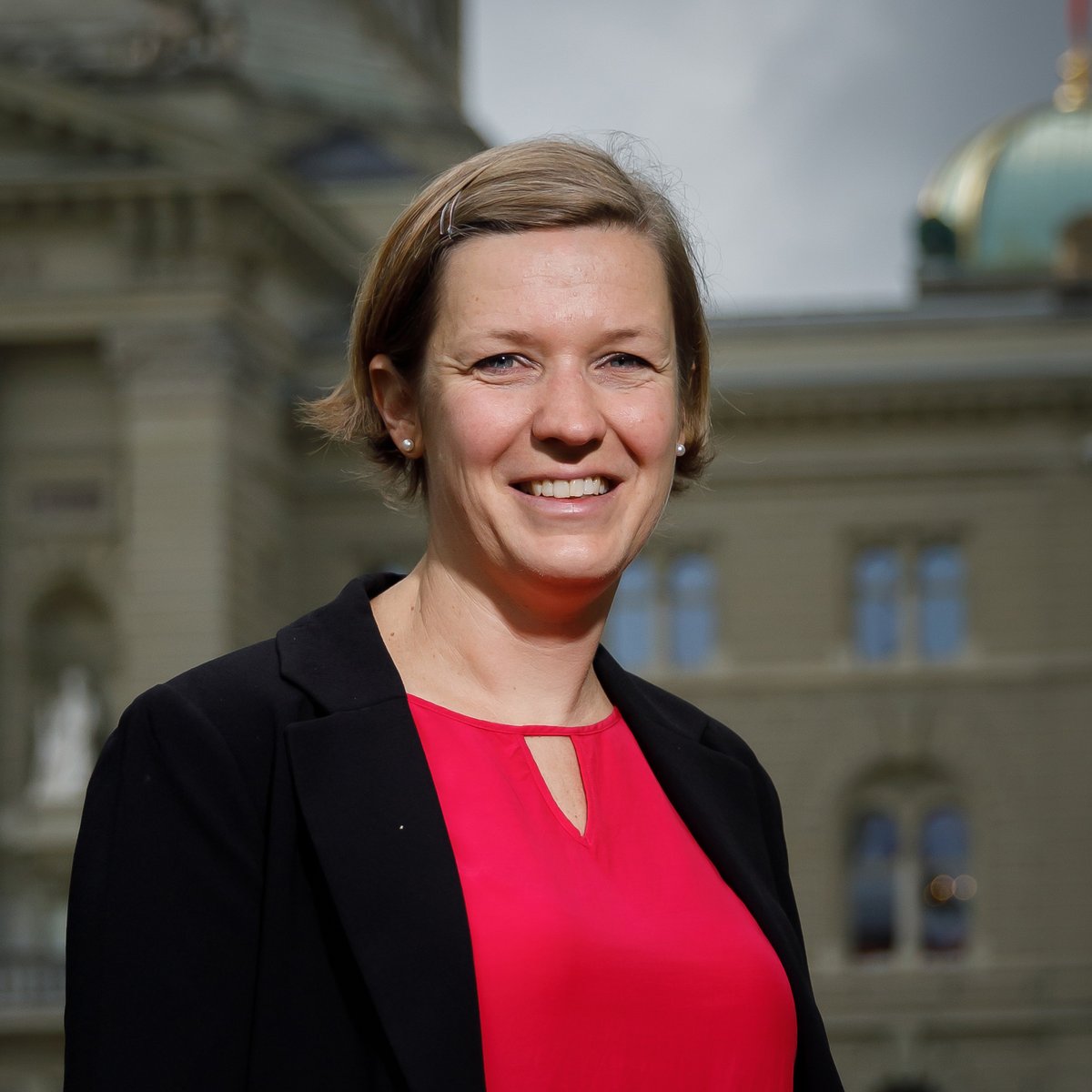
Prof. Dr. Nathalie Giger
Nathalie Giger is Associate Professor at the Department of Political Science and International Relations at the University of Geneva. Previously, she worked at various universities in Switzerland and Germany.
In her research, she studies processes of political opinion formation and is interested in questions of the interplay between citizens and political elites, especially inequality in representation. She has published numerous journal articles on this topic.
Currently, Nathalie Giger is mainly engaged in two research projects funded by the Swiss National Science Foundation. One project ("Inequality in the mind. Perceptions of economic inequality and their political consequences") is about the perception of economic inequality and its consequences in a comparative perspective. Nathalie Giger will also conduct research on this project mainly in Konstanz, evaluating comparative survey data and experiments.
Natalie worked at the Cluster until the end of January 2023.
Learn more about Natalie on her website.

Prof. Christina Felfe de Ormeño, Ph.D.
Christina Felfe is a Full Professor and Head of the Chair of Economics at the University of Würzburg in Germany. Her research interest lies in the fields of Labor, Education and Migration Economics. All her research projects aim at explaining socioeconomic inequalities, in particular gender gaps and disparities between people with and without migration background. A particular focus of her work lies on the role of social norms and preferences in preventing existing inequalities to close.
After finishing her PhD in Economics at the Universitat Pompeu Fabra in Spain in 2008, she worked as an Assistant Professor (non-tenure track) at the University of St. Gallen, in Switzerland. She is a Research Affiliate at CEPR and a Research Fellow at the CESIfo and the Institute of Advanced Studies, member of the Standing Committee of Population Economics and the Standing Committee of Education Economics. She currently hold an ERC Consolidator Grant (2021-2026) for her project “Early Origins of Social Cohesion in Increasingly Diverse Societies”.
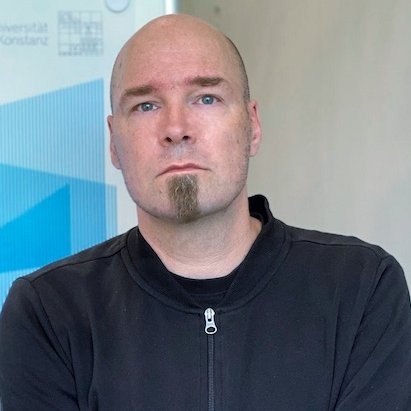
Prof. Mans Hulden, Ph.D.
Mans Hulden is an Associate Professor in the department of Linguistics and a fellow of the Institute of Cognitive Science at the University of Colorado Boulder. His work in computational linguistics focuses on the development of foundational natural language processing technologies, often working with minority languages and languages with limited available digital resources. He is a co-investigator in the SSHRC-funded "21st Century Tools for Indigenous Languages" project which works to support the revitalization and daily use of several endangered North American languages by developing modern technological tools and resources in collaboration with communities of speakers.
His research at the Cluster centered on collecting multiple measures of digital vitality across the minority languages spoken in Europe and developing assessments that accurately identify, in order of importance, the various technological factors potentially accelerating language loss and usage shift toward a majority language, away from a minority one.
Mans' stay at the cluster ended in December 2021.
Learn more about Mans on his deparment website.
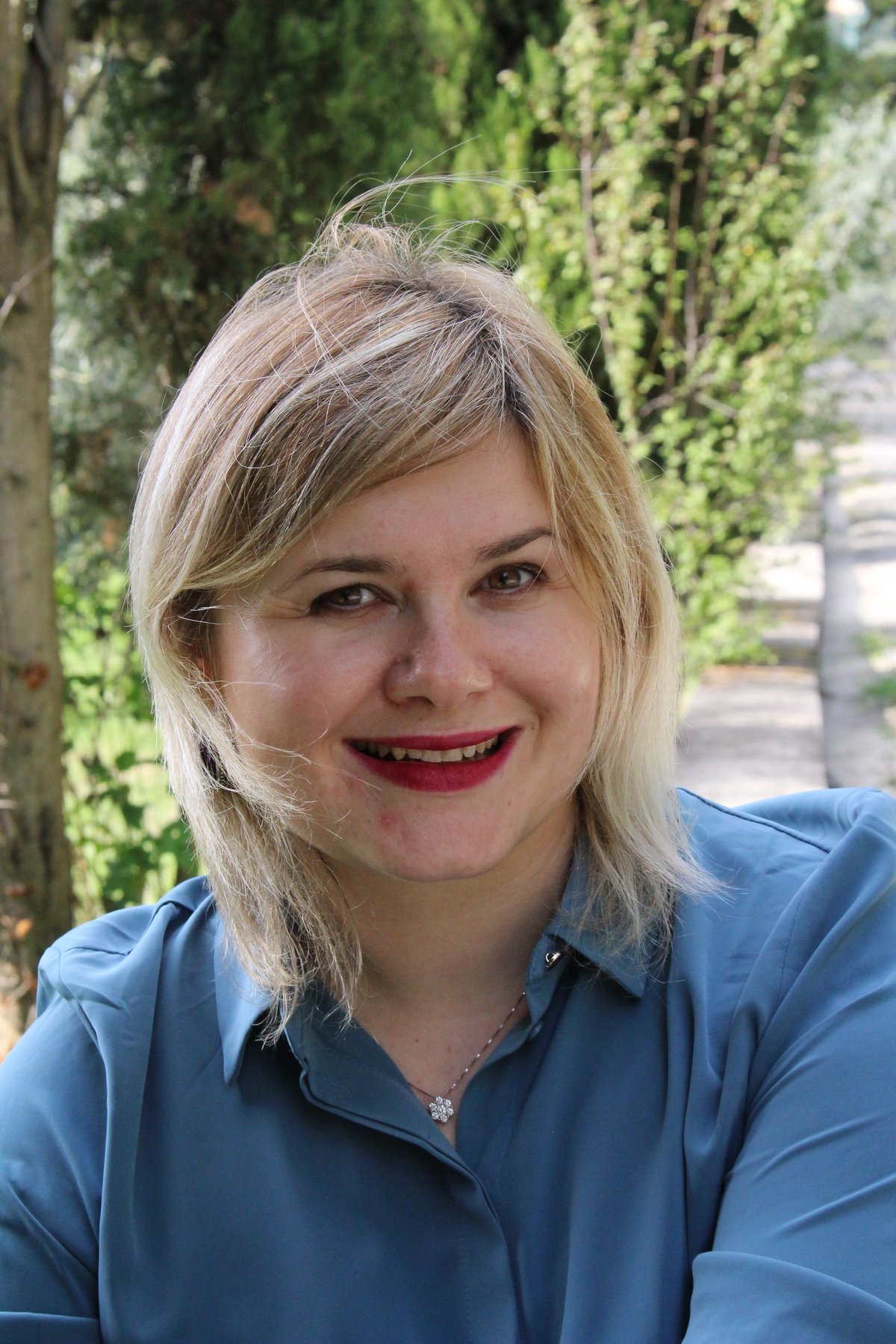
Nevena Kulic, Ph.D.
Nevena Kulic is a quantitative sociologist who studies inequality, particularly related to families, education, and gender. She is an adjunct professor in the School of Economics and Management at the University of Florence. She spent the past six years as a research associate and fellow at the Department of Social and Political Sciences at the European University Institute (EUI). She is also a principal investigator of the project “Gender Inequalities in Academia: Biases in Hiring or Promotion”, together with Klarita Gërxhani and Fabienne Liechti. The project relies on experimental methods to study gender inequality in academic positions.
In her research, Nevena is interested in social stratification, educational inequality, women in the labour market and education, intra-household dynamics, and adult and child well-being. Throughout, she studies inequalities in their different forms and levels and is interested in both how individual factors influence inequalities and how institutions shape and contribute to inequality and discrimination. She published in journals such as Annual Review of Sociology, Sociology, European Sociological Review, Work, Employment and Society and Kölner Zeitschrift für Soziologie und Sozialpsychologie, among others. She is a co-editor of the book “ Childcare, Early Education and Social Inequality: An International Perspective”, which was published by Edward Elgar Publishing in 2017.
Nevena stayed at the Cluster until the end of May 2020.
Find out more about Nevena on her website.

Prof. Staffan Kumlin
Staffan Kumlin is Professor of Political Science at the University of Oslo. His research focuses on comparative political behaviour, public opinion, and democracy in European welfare steates.
Currently, he directs the research project “WELTRUST: Welfare State Support and Political Trust: Integrating Economic, Cultural, and Policy Explanations". The primary objective of WELTRUST is to study how welfare state support and political trust among citizens depend on multidimensional evaluations of welfare state performance. Importantly, the project analyzes how welfare evaluations shape the political effects of key economic and cultural divisions in society.
Staffan's work has been published in the British Journal of Political Science, Comparative Political Studies, European Journal of Political Research, Journal of European Public Policy, and European Sociological Review, among others. He has contributed book chapters to volumes like The Oxford Handbook of Political Behavior and The Oxford Handbook of the Welfare State. His most recent book is "Election Campaigns and Welfare State Change: Democratic Linkage and Leadership Under Pressure" (Oxford UP, 2022). Kumlin also co-designed the "welfare state module" in the 2016 European Social Survey 2016.
Learn more about Staffan here.
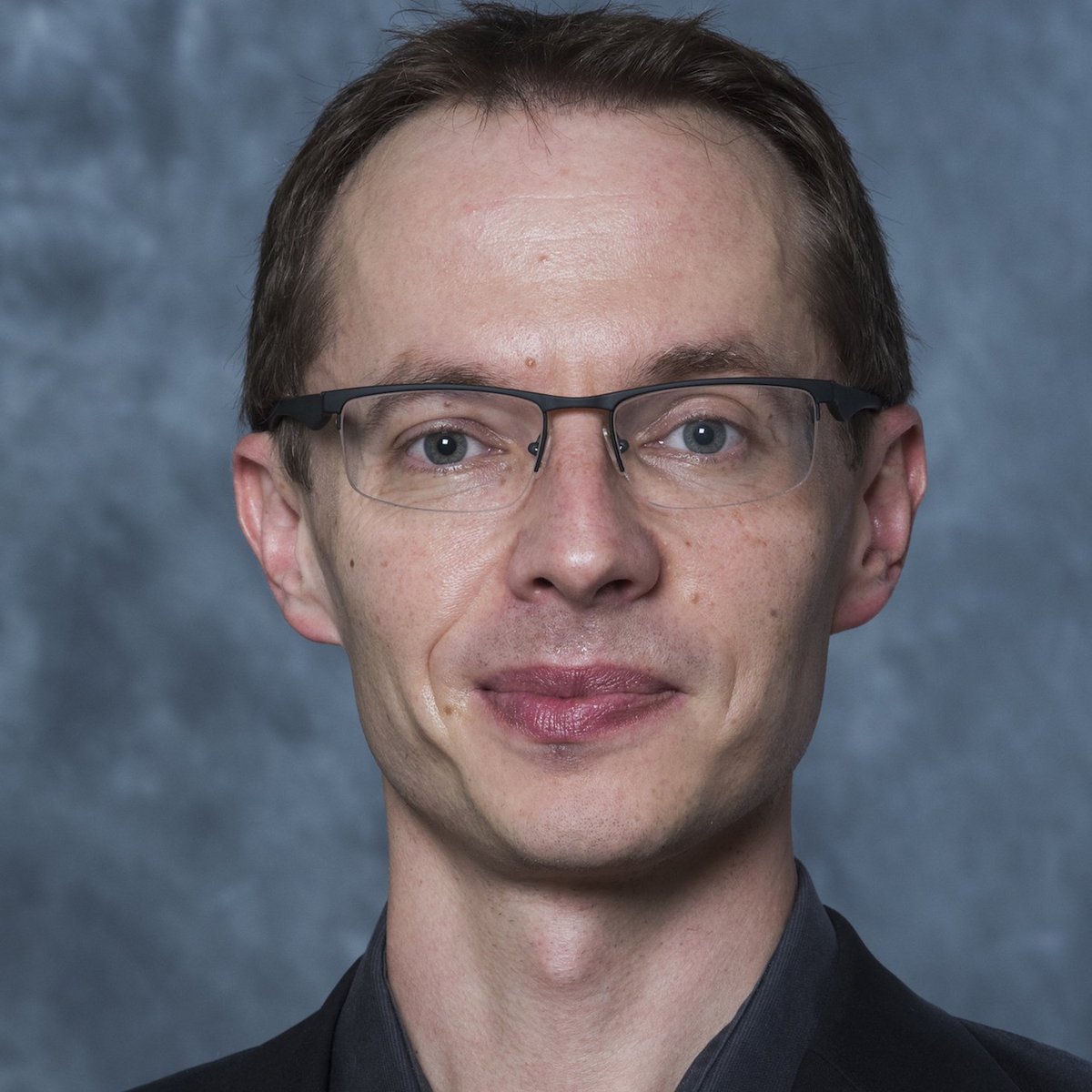
Assoc. Prof. Stanislav Markus, Ph.D.
Stanislav Markus is an Associate Professor of International Business at the University of South Carolina. His research in comparative political economy explores corporate political activity, CSR, property rights protection, populism, corruption, and institution building. During his stay at the Cluster, he is focusing on the topic “Electoral Support for the Oligarchs in Developing Democracies.”
His book — Property, Predation, and Protection: Piranha Capitalism in Russia and Ukraine (Cambridge University Press, 2015) — was awarded the Stein Rokkan Prize for Comparative Social Science Research. He has also published in the leading journals in management (e.g. Academy of Management Review), political science (e.g. Comparative Political Studies), development studies (e.g. Studies in Comparative International Development), economic sociology (e.g. Socio-Economic Review), and general interest (e.g. Daedalus).
Find more about Stanislav here.
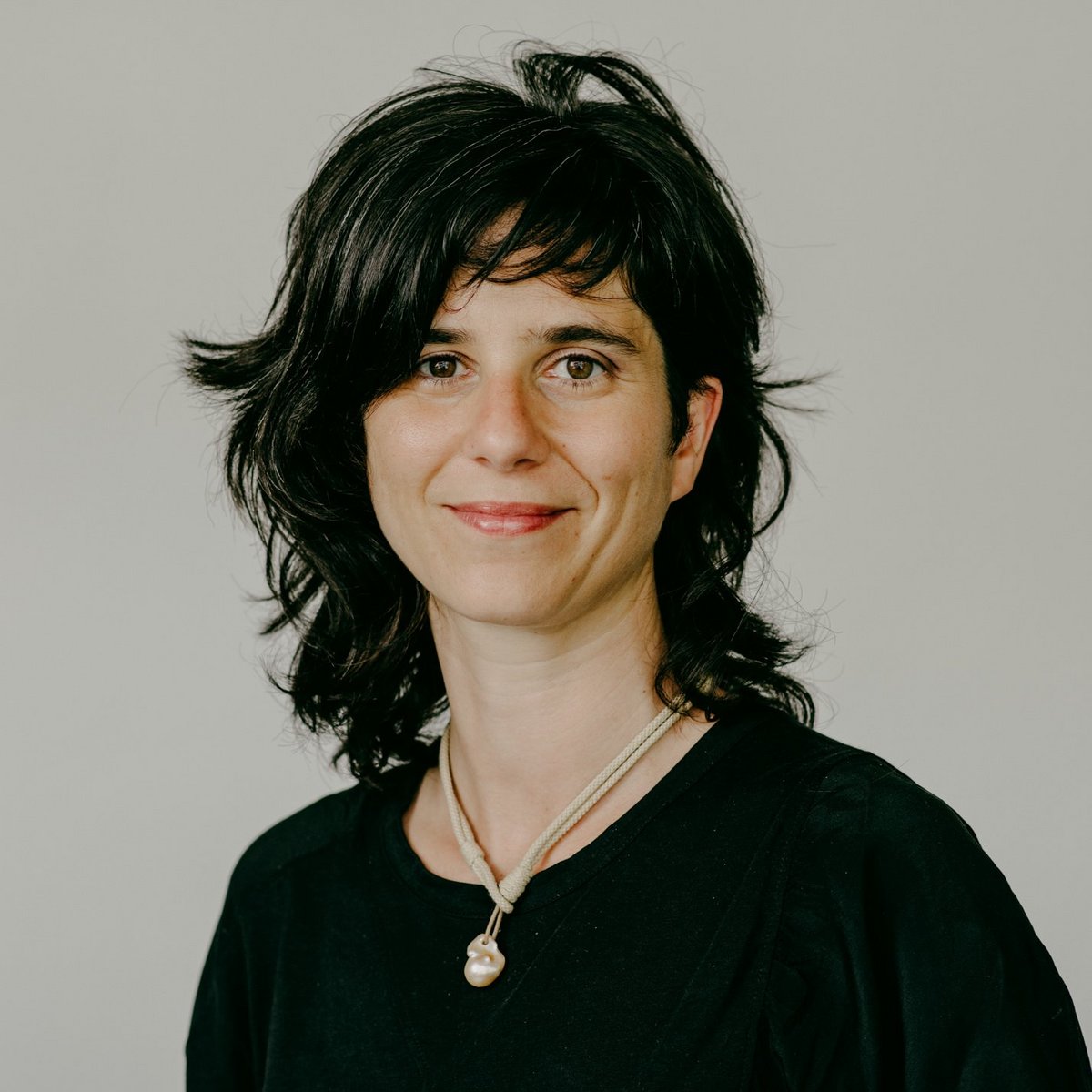
Ass. Prof. Irene Menéndez González, Ph.D.
Irene Menéndez González is an Assistant Professor in International Political Economy at the IE School of Global and Public Affairs at IE University in Madrid. Her research lies at the intersection of international and comparative political economy, with special emphasis on the consequences of globalisation for economic and social policy, as well as welfare states and interest representation in Europe and Latin America. She also works on projects exploring the politics of labour market segmentation, and on projects analysing the effects of electoral institutions on political representation. Currently, she is working on a project analyzing the sources of individual compliance with payment of basic services during the crisis in Uruguay. One key question in this project is to what extent does communicating lower enforcement to indebted households affect payment and shape attitudes towards redistribution. Her work has been published in the American Political Science Review, Comparative Political Studies and the British Journal of Political Studies, among others.
She obtained her PhD at the University of Oxford. Before joining IE, she was an Assistant Professor at the University of Mannheim, and held positions at the Institute for Advanced Study in Toulouse and the University of Zurich.
Learn more about Irene here.
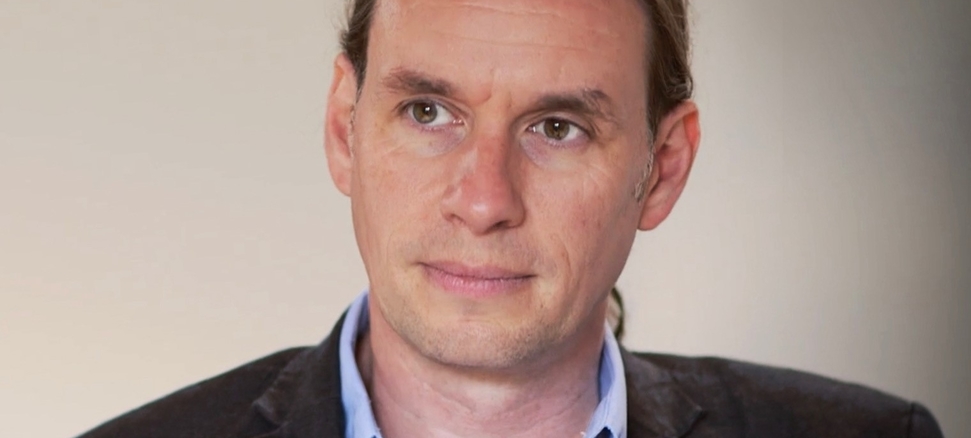
Prof. Chris Reed, Ph.D.
Chris Reed is Full Professor of Computer Science and Philosophy at the University of Dundee, as well as founder and head of the Centre for Argument Technology. His research focuses on the theory, practice, and commercialization of Argument Technology: AI applications that help to analyze, improve and teach debates and discussions in political, academic and commercial fields.
Chris is currently working on "Powerful Questions", that is questions that can shape a debate. He analyzes the way such questions are fed into a debate and the way they are framed; how they can be identified; and their effects on the debate. In order to do so, Chris uses the tools and methods of Computational Linguistics and datasets of the Centre for Argument Technology, closely cooperating with the Cluster's linguists.
Chris stayed at the Cluster until July 2020.
Learn more about Chris on his website.
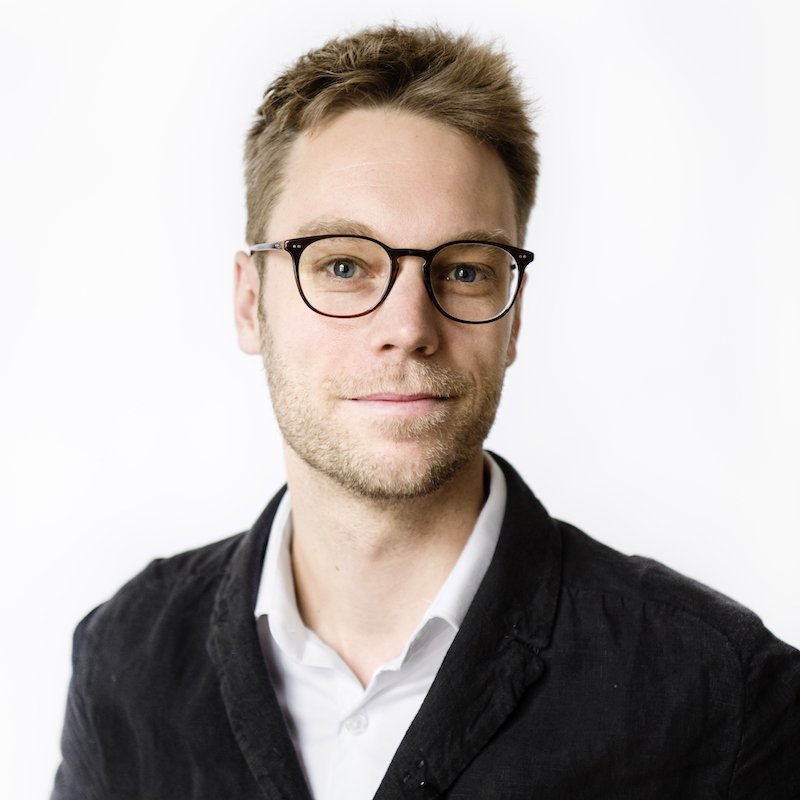
Assoc. Prof. Dr. Merlin Schaeffer
Merlin Schaeffer is Associate Professor of Sociology at the University of Copenhagen. He researches the political consequences of increasing ethnic diversity, segregation, and inequality in immigrant societies. Currently, he is primarily concerned with capturing and analyzing misperceptions of the extent of ethnic discrimination. His research on this topic is based on economic confidence games and survey experiments. A central question here is also whether people change their political attitudes when misperceptions are corrected. In another project, Merlin Schaeffer examines the importance of ethnic infrastructure in the form of cultural associations or businesses for the well-being of immigrants and their descendants. His work has appeared in the American Sociological Review, European Sociological Review, and the American Journal of Sociology, among others.
Prof. Thomas Soehl, Ph.D.
Thomas Soehl is Associate Professor of Sociology at McGill University and holds the Canada Research Chair in International Migration. His research examines the socio-political attachments of migrants, the ways host societies transform migrants, and how migration challenges modern nation-states. His recent book "Origins and Destinations" (Russell Sage 2018) co-authored with Renee Luthra and Roger Waldinger provides a comprehensive theoretical framework to date for understanding the trajectories of the children of immigrants, showing how their paths are socially structured not only by the contexts they grow up in but also by the contexts of emigration.
Currently he is the PI of two studies: (a) global study of the Nigerian diaspora and its engagements with the home-country and (b) the "Tajribati Canada Study" - a longitudinal study of 2000 Syrians resettled to Canada and the "Study of Nigerians at Home and Abroad" At the Cluster he is working with the data from this project and on comparative analyses with data on Syrian refugees in Germany collected as part of the ENTRA project.
Thomas will come back for the second part of his stay at the Cluster in May 2022. Learn more about Thomas Soehl on his department website.
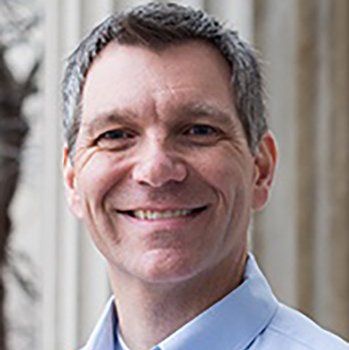
Prof. Frederick Solt, Ph.D.
Frederick Solt is an associate professor in the Department of Political Science at the University of Iowa. His interests include comparative political behavior and political economy from a cross-national perspective. Much of his work focuses on understanding how—and why—the extent of economic inequality in a country shapes the attitudes and behavior of the people who live there. He also created and maintains the Standardized World Income Inequality Database (SWIID), which provides the most-comparable data available on income inequality for broadly cross-national research.
During his stay at the Cluster, Frederick is going to focus on updating and improving the SWIID, measuring egalitarian public opinion toward homosexuals and immigrants, and exploring the conditions in which public opinion on gender egalitarianism is translated into gender equality in countries around the world.
Learn more about Frederick Solt on his department website.
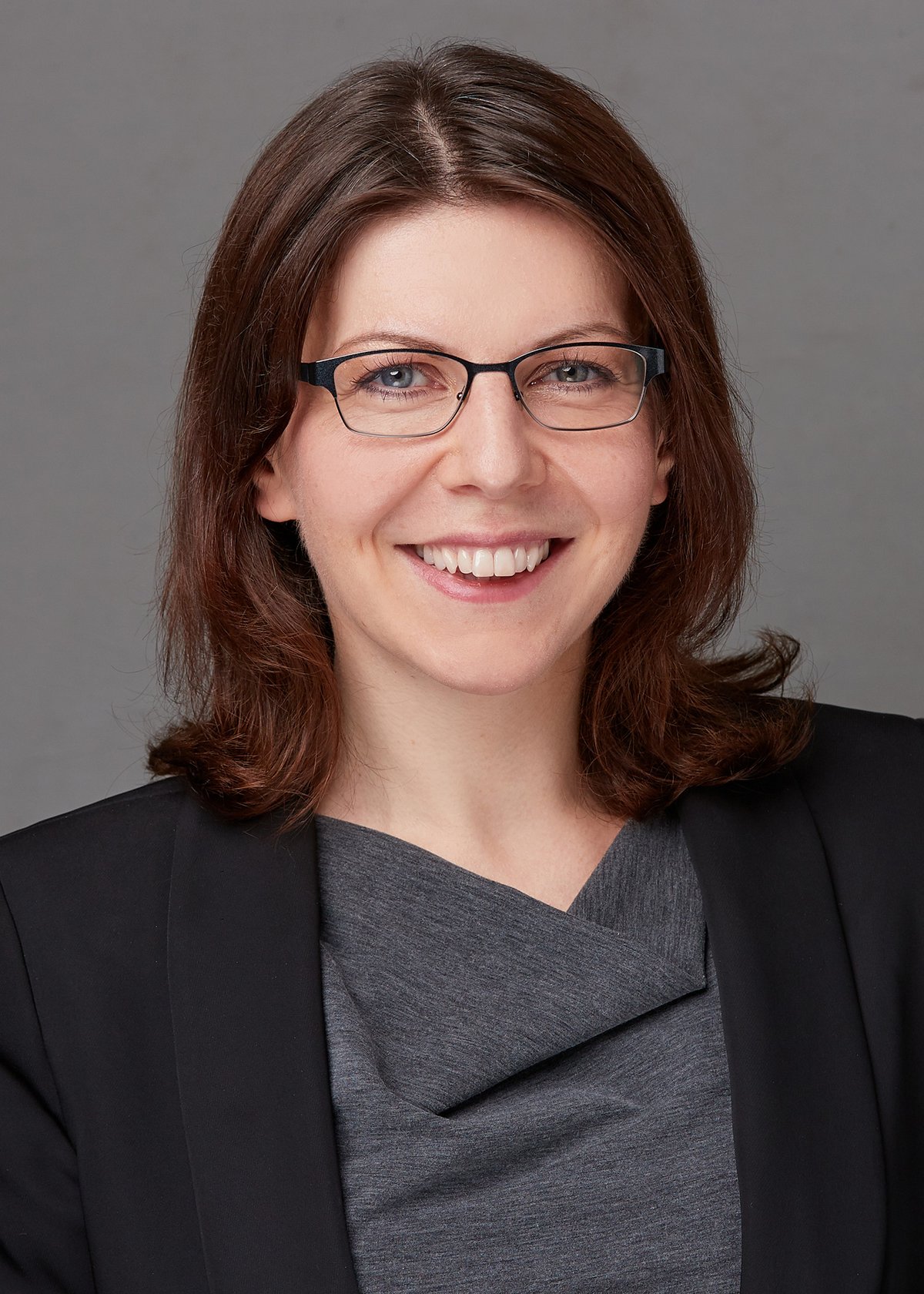
Prof. Kris-Stella Trump, Ph.D.
Kris-Stella Trump is Assistant Professor of Political Science at the University of Memphis. Before starting at the University of Memphis, she worked at the Social Science Research Council and at the Office of Evaluation Sciences in the US federal government. She has published articles on attitudes toward income inequality, support for redistribution, and protest activity in The Journal of Politics, the British Journal of Political Science, and Perspectives on Politics.
Kris-Stella’s research focuses on the political psychology of income differences and (re)distribution. She is interested in how perceptions of economic differences form, and how attitudes toward inequality and redistribution change. At the Cluster, she is working on a book project on the role that perceptions of fairness play in attitudes toward income inequality and redistribution.
Kris-Stella stayed at the Cluster until the end of December 2020.
Learn more about Kris-Stella on her website.
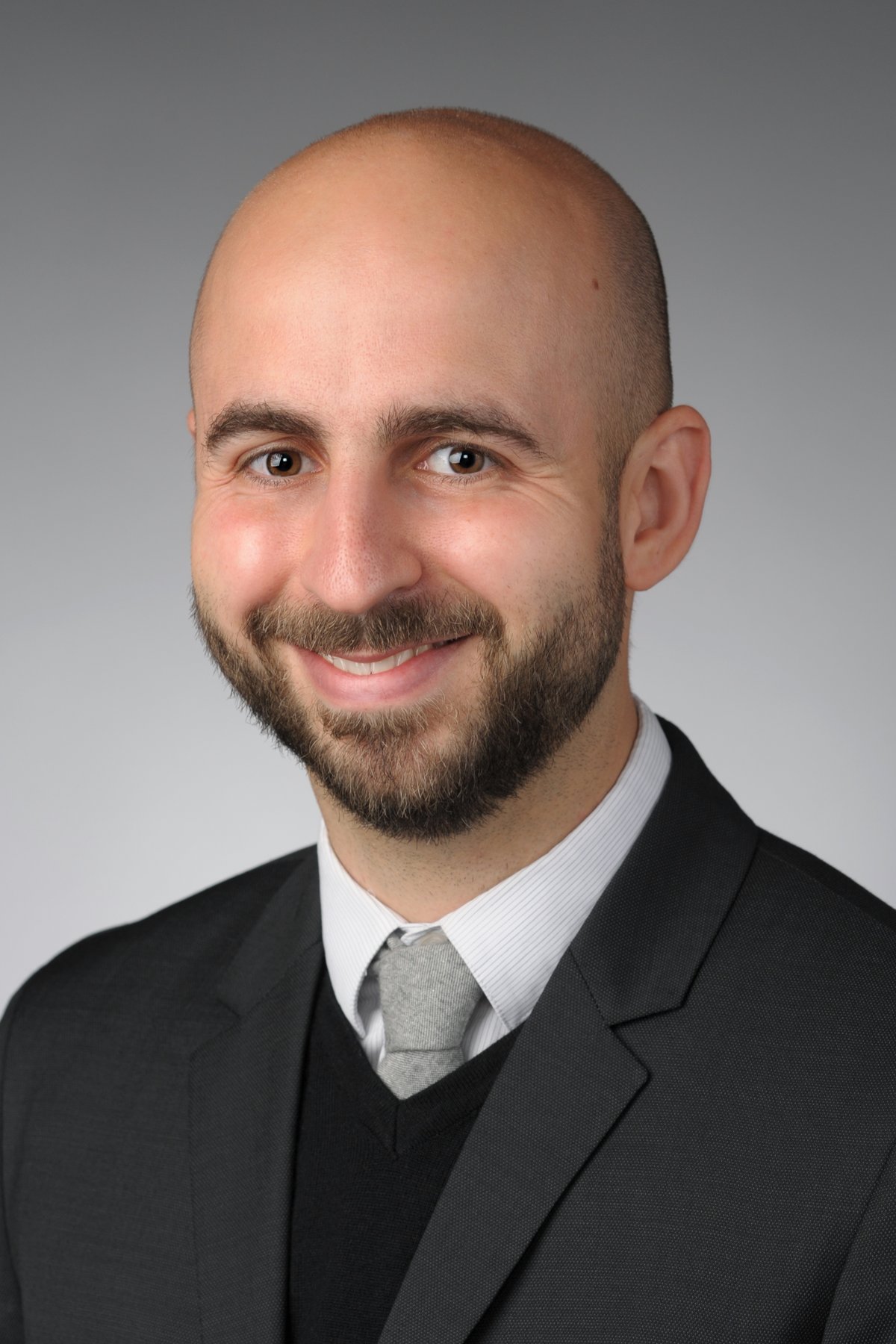
Simon Weschle
Simon Weschle is an Assistant Professor in the Department of Political Science at Syracuse University. He received his PhD from Duke University. He studies democratic representation and accountability, and factors that impede it. His work has been published in the American Political Science Review, the American Journal of Political Science, the Journal of Politics, and the British Journal of Political Science, among others.
Find out more about Simon Weschle on his Website. Connect with Simon Weschle via Email or Twitter.
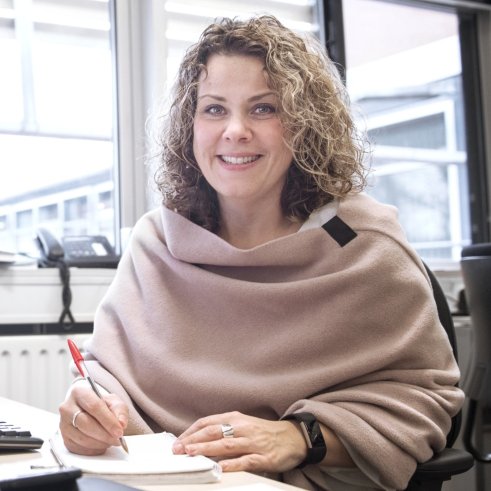
Prof. Mara A. Yerkes, Ph.D.
Mara A. Yerkes is Associate Professor of Interdisciplinary Social Science at the Department of Interdisciplinary Social Science at Utrecht University. She obtained her PhD at the University of Amsterdam in 2006. Mara Yerkes is the principal investigator of the European Research Council (ERC) project CAPABLE on gender inequalities in work-life balance and the CoGIS-NL project, a longitudinal study of gender inequalities during the COVID-19 pandemic. She is also currently co-chair of the European Social Policy Analysis Network (ESPAnet) and co-PI on the Cluster project "COVID-19 Policies for Gender Equality (CoPE)".
Her research centers on comparative social policy and social inequalities, with a focus on policies developed by welfare states, industrial relations actors, and local government and the inequalities these policies intend to address, particularly around work, care, communities and families. Yerkes researches these topics from an intersectional gender perspective using a mix of quantitative and qualitative methods.
Mara was working at the Cluster in early summer 2022.
Find more about Mara here.
